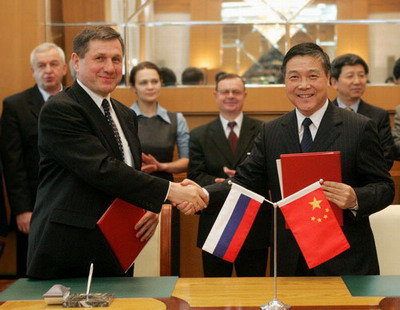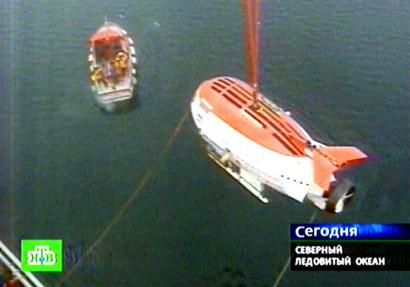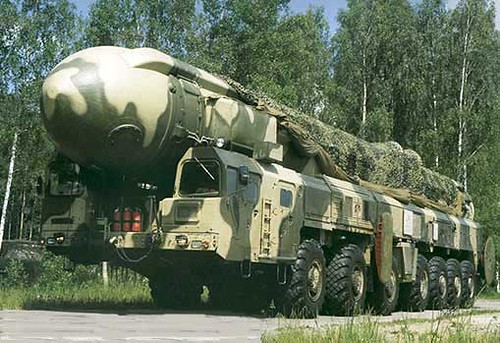Re: The Rise of the Russian Empire: Russo-Armenian Relations
China plans US$1.1bil Russia oil pipeline

China, the world's biggest energy consumer after the United States, will spend eight billion yuan (US$1.1bil) to construct a section of a crude oil pipeline to transport the fuel from neighbouring Russia. The Chinese section of the pipeline would be 965km long and construction would start this year and finish in 2010, China Planned Projects Web site, an affiliate of the National Development and Reform Commission, said on its website.
China is bolstering ties with Russia to secure energy supplies for an economy that expanded 11.9% in the second quarter, the fastest pace in 12 years. Russia plans to transport 15 million tonnes of crude a year to China through the pipeline in its initial phase. China National Petroleum Corp, the country's biggest oil company, signed an agreement with OAO Transneft to build a spur off Russia's trans-Pacific pipeline to pump oil to China, the China News Agency reported.
The Chinese company would invest in the construction of the branch pipeline, Andrei Dementiev, deputy head of Russia's Ministry of Energy & Industry. The volume of oil transported through the pipeline would double in the second stage of the project, Russia's Energy Minister Viktor Khristenko said. Work on the spur to China would start within 208 days after China transferred its first payment toward construction costs, the Russian Interfax news agency reported. – Bloomberg
Source: http://biz.thestar.com.my/news/story...5&sec=business
China plans US$1.1bil Russia oil pipeline

China, the world's biggest energy consumer after the United States, will spend eight billion yuan (US$1.1bil) to construct a section of a crude oil pipeline to transport the fuel from neighbouring Russia. The Chinese section of the pipeline would be 965km long and construction would start this year and finish in 2010, China Planned Projects Web site, an affiliate of the National Development and Reform Commission, said on its website.
China is bolstering ties with Russia to secure energy supplies for an economy that expanded 11.9% in the second quarter, the fastest pace in 12 years. Russia plans to transport 15 million tonnes of crude a year to China through the pipeline in its initial phase. China National Petroleum Corp, the country's biggest oil company, signed an agreement with OAO Transneft to build a spur off Russia's trans-Pacific pipeline to pump oil to China, the China News Agency reported.
The Chinese company would invest in the construction of the branch pipeline, Andrei Dementiev, deputy head of Russia's Ministry of Energy & Industry. The volume of oil transported through the pipeline would double in the second stage of the project, Russia's Energy Minister Viktor Khristenko said. Work on the spur to China would start within 208 days after China transferred its first payment toward construction costs, the Russian Interfax news agency reported. – Bloomberg
Source: http://biz.thestar.com.my/news/story...5&sec=business















Comment